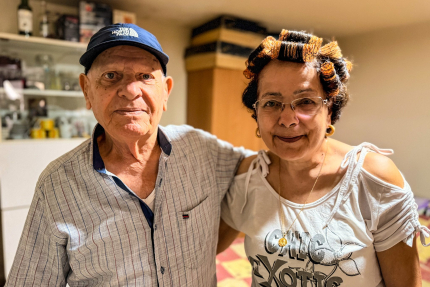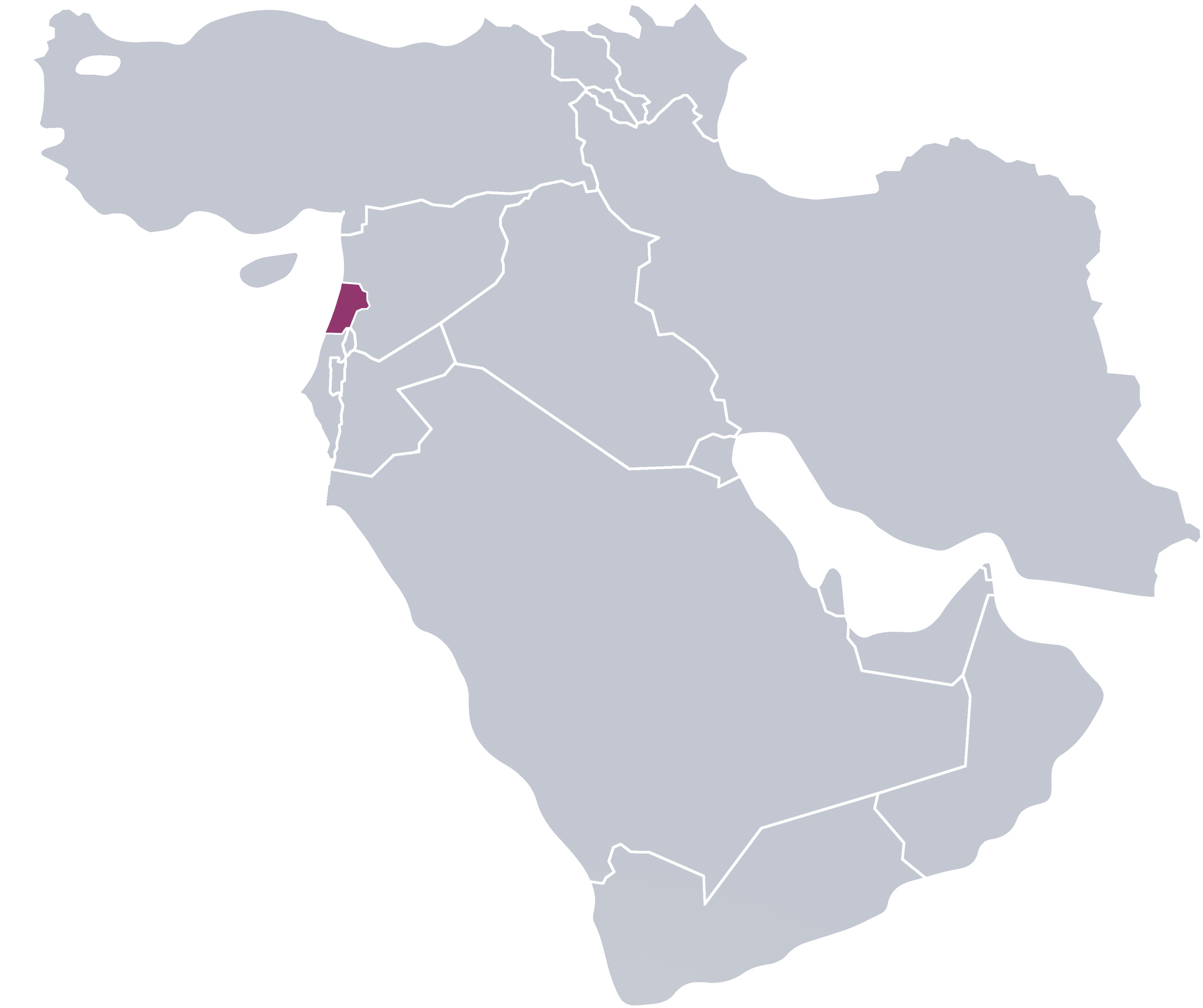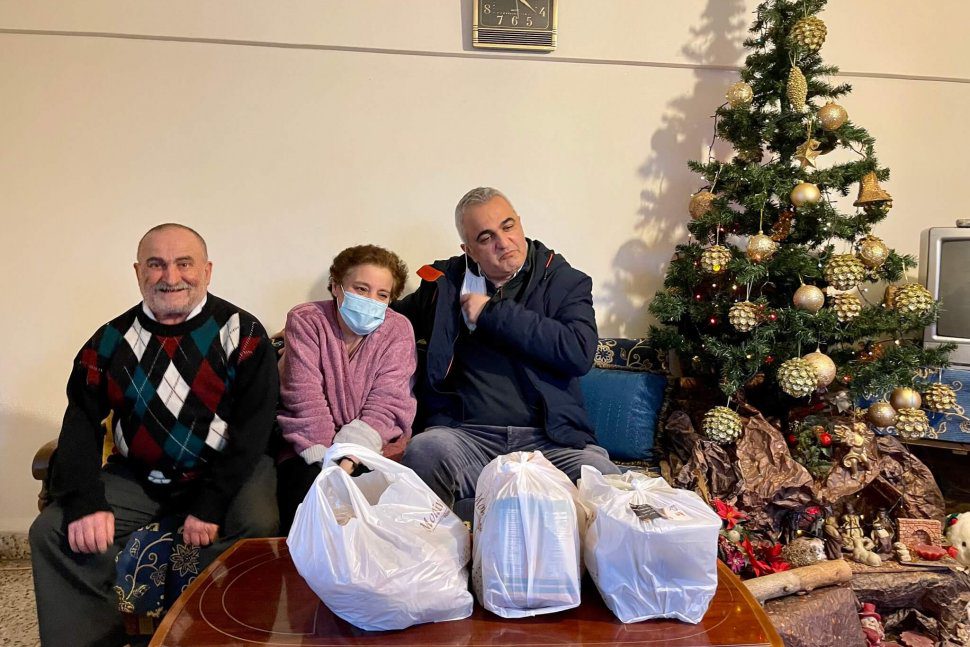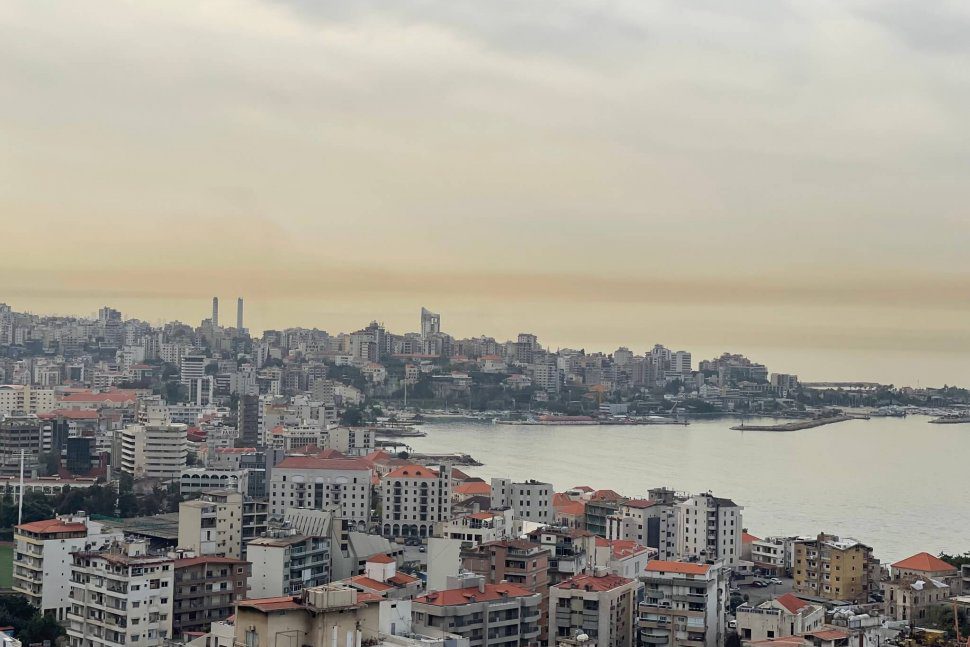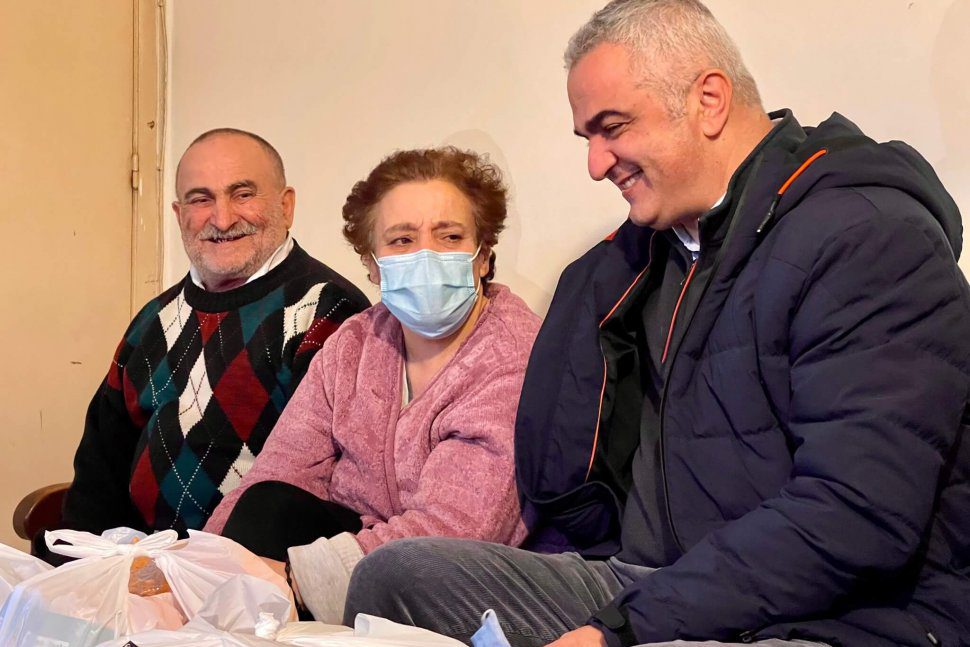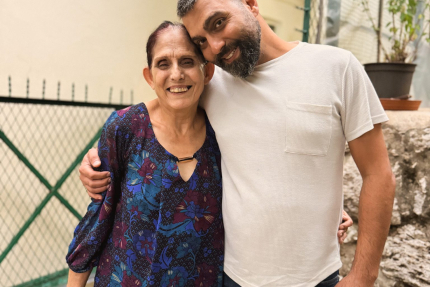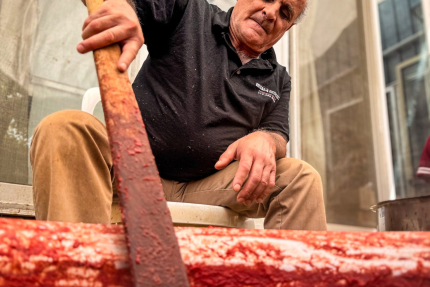“I set the alarm clock for one o’clock in the morning to turn on the laundry. I wake up and check whether there is electricity. If there is, I turn on the shortest cycle before the lights go out again,” explains Agnieszka, a Polish woman living in Lebanon for over 20 years. “We have electricity for one hour at night and one hour during the day. It is becoming increasingly difficult to accept how politicians’ decisions are ruining the lives of the Lebanese people. Three months have passed since our last visit. A lot has changed in that time. Medicines have become 10 times more expensive in the last four weeks alone.
We meet Dr Elias, a dentist, on the second floor of a block of flats on a busy square in Ajaltoun. Situated on a high hill, the village can be considered a suburb of Beirut, because although the two are 30 kilometres apart, the capital can be seen from here at a glance. Dr Elias welcomes us at the door of an empty flat, which is the headquarters of Adventure of Charity. This small association, founded by him twenty years ago, provides care for the sick. Usually the space is filled with boxes of medicines, hygiene products, wheelchairs and oxygen concentrators, of which the organisation bought 17 at the beginning of the pandemic. Today it is empty, which means that the equipment is being moved and used in the patients’ flats.
“Soon we will visit Zoia,” says Dr. Elias. “I told her you were coming. She can’t wait to see you!” Dr. Elias Harouni’s patients are one big family. They do not treat him as a doctor, but rather as a father, a guardian angel.
The shelves in the second room are filled with medicines. It is getting the right medicine for his patients that takes up most of the doctor’s time. The pharmacies are empty. For each of his patients, who number more than 260, Elias packs medicines in gift bags. He carefully reviews everything he puts in them so that there are no prices on the packaging and no one feels embarrassed and refuses the gift.
We drive up to Zoya’s flat. She throws herself in our arms and cannot hold back her tears. In addition to medication, we give her a package of groceries and a fuel voucher. The lack of electricity means that you have to produce your own energy for the winter. In the case of the poorest Lebanese it is not even about turning on the washing machine in the middle of the night, but about surviving the winter, and cooking meals. Lebanon is in ruins, because that’s the only way to describe a country where nothing works as it should any more. The cloud of smog from diesel generators rising above the city is a symbol of the fact that hope is not yet extinguished, that people are taking matters into their own hands and, with the help of the guardian angels, are fighting for themselves and their country to the end.
We will be in Lebanon for a few days before Christmas to help Dr Elias prepare Christmas packages and spend time with them. We still need guardian angels, you!!! Join us today and help fill the gift bags with vital and life-saving medicines.
